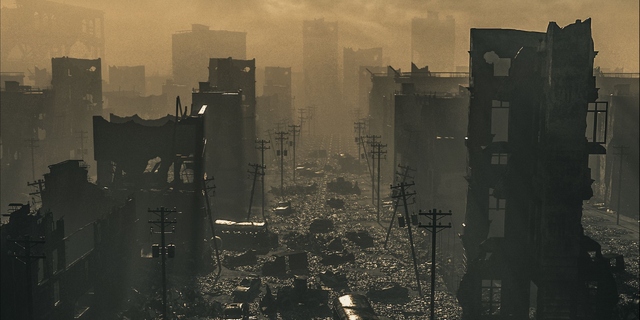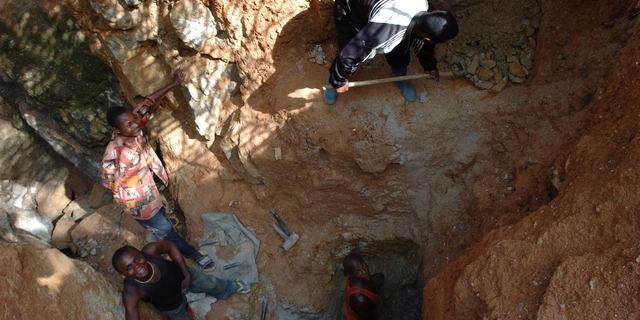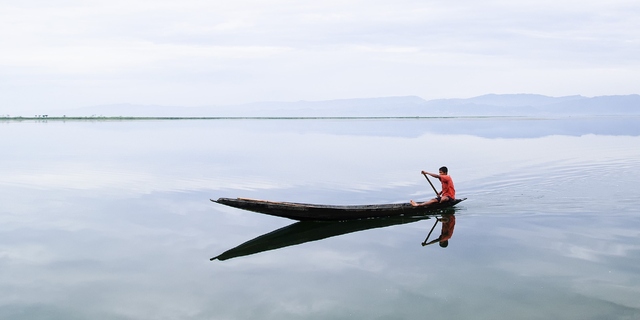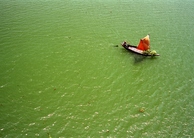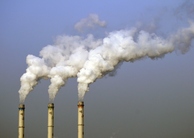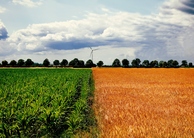Environmental StudiesHow Humans Will End The World: A Cautionary History of Environmental and Civilizational InstabilityNatalie Novella - After thousands of years of innovation, humankind has shaped the modern world into a new planetary epoch: the Anthropocene. This paper connects the human propensity to carve our comfortable, convenient civilizations into our local environments with the reactionary... Keep Reading »
Photo: Julien Harneis SA-2
Cobalt, Computation, and the Congo: Making Corporations Pay for Their Transnational TerrorsIsabel G. Padalecki - Though electronic products are ubiquitous in the modern Western world, most people are not aware of the origins of the batteries that power devices such as laptop computers and mobile phones. Lithium-ion batteries, though used primarily in wealthy and affluent nations... Keep Reading »
Narratives, Binaries, and Framing in the Cultural Contest Over Climate ChangeScott B. Remer - Climate change is already altering our biosphere and is projected to bring about monumental changes to our planet’s environment, changes which are unprecedented in human history. Numerous social groups have drawn upon a wide assortment of cultural constructs... Keep Reading »
Nature or Culture? The Anthropocene as Social NarrativeKelly Power - Is it possible to objectively define the Anthropocene? This essay argues that whether or not it is precisely definable as a geological epoch, its true value, as a concept grounded in futurity, lies within the social realm. The origins of the term are discussed and... Keep Reading »
Photo: Jayanta Debnath CC-2
The Inequalities of Climate Change and Poverty: Impact Analysis and Potential SolutionsChristopher T. Jackson - In Gallup’s 2016 environment poll, 64 percent of U.S. adults are now worried a “great deal” or “fair amount” about global warming, with a record 65 percent attributing warming primarily to human activities (1). These poll results come... Keep Reading »
All Environmental Studies Articles (by date) |

